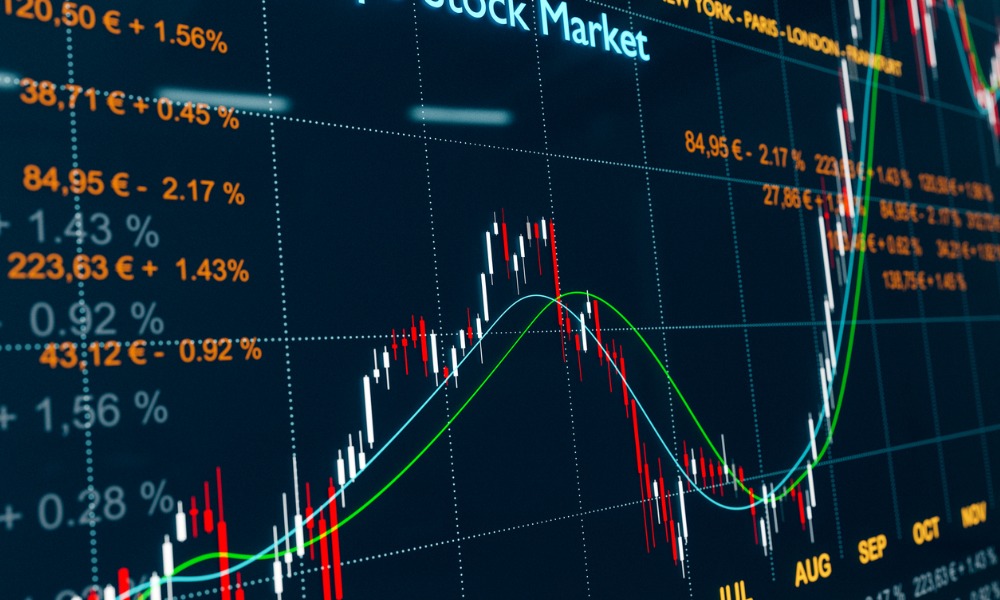What's driven CPP Investments' private equity success?

In an exclusive interview with Top1000funds.com, Suyi Kim, global head of private equity at CPP Investments, reveals the driving forces behind the remarkable success of managing one of the world's largest private equity portfolios.
With $146 billion in assets, representing a quarter of the $575 billion pension fund serving over 21 million Canadians, the portfolio's consistent growth and 15.5% five-year return have captivated the financial world.
"We are a battleship not a speedboat compared to other programs," Kim said, reflecting on the portfolio's scale and impact.
Kim attributes CPP Investments’ success primarily to the quality of the private equity team and its ability to foster synergy, effective communication, and a culture driven by a common mission.
"This is what is going to allow us to outperform the market," she said.
Despite its size, the portfolio's strength lies in the team's cohesion, an ongoing challenge considering its global reach of 190 members and expanding divisions, including an office in Mumbai. Kim acknowledges the complexity of maintaining a cohesive culture within such a diverse group.
“The larger the team, the harder the task of maintaining the culture that allows us to outperform,” she said. “My continual focus is making sure we are working well as a team.”
A key operational principle involves cross-functional collaboration across the four portfolio departments, ensuring insights gained by one team inform decisions across the board. This analytical approach goes beyond mere returns and plays a role in shaping the portfolio's strategies.
“We’d never just re-up with a manager without cross referencing with our other strategies to inform how the manager will perform,” Kim said.
Partnerships also emerge as a key factor in CPP Investments' triumph. The fund's long-standing relationships with GPs have been a linchpin. Kim highlights the significance of aligning with expert GPs, especially during the early stages of her 16-year leadership.
“If you are not the best investor in the market you need to work with the best, and when we first started out, we were nowhere near the best,” she said.
Transparency, trust, and a profound understanding of each party's capabilities formed the bedrock of these alliances, Kim said.
Kim recognizes the challenges that come with the fund's size, particularly in maintaining the agility required for swift investment decisions. The fund's due diligence process, involving global investment committees and even board approvals for large-scale deals, ensures meticulous scrutiny.
“Our job is due diligence, and for deals that require a level of speed that makes the due diligence difficult, well, we won’t do the deal. I like to be able to sleep at night,” she said.
Amid changing market dynamics, Kim anticipates tougher returns ahead. Rising interest rates pose a challenge to portfolio companies' performance and valuations. However, Kim expects these effects to fully materialize only by 2025-2026.
She cautions against complacency, highlighting the importance of looking beyond high absolute returns to consider risk-adjusted performance.
“I have to remind our senior managers and board that returns will be more challenging going forward,” Kim said. “Yes, private equity is the best performing asset from an absolute return perspective, but you must also look at it from a risk adjusted basis, and private equity is the most risk-taking allocation in the fund.”
Kim remains focused on investing and exiting high-quality companies. While the number of deals has slowed, she emphasizes the portfolio's selectivity and steady commitment approach.
“If we are holding a business that still makes sense, I will always choose to hold onto rather than exit and recycle the capital to other deals,” she said.
Having previously lived in Toronto before relocating to Hong Kong, the spotlight now falls on her experience with private equity in China, a domain marked by escalating geopolitical tensions, intricate regulations, rising business costs, and the unpredictability of exit strategies. These factors have prompted Canadian funds like the CDPQ and OTPP to retreat from direct investments in private assets.
Yet, CPP Investments maintains its commitment to building a globally diversified portfolio, with the Asia Pacific region, particularly China, remaining immensely significant. 9% of the private equity portfolio is allocated to China, contributing to the fund's current $52 billion investment in the country.
“Private equity Asia is one of the best performers in terms of relative performance of the whole book,” Kim said.
However, transformations are afoot. The strategy for Asia is now more bottom-up, involving a risk-return framework to bring investments to committee discussions. The evolving market dynamics demand a more cautious approach, said Kim.
The predominant challenge revolves around accurately forecasting a company's operational capabilities. Crafting financial models involves a spectrum of potential outcomes, yet since the pandemic's onset, predicting these outcomes has posed challenges.
“Unlike in public markets, in private markets investors really need to go and see and touch and feel what they are investing in,” she said. “Not being able to do this in China over the last three years due to the pandemic leads to difficulties predicting the operating case and where returns are going to come through. I can’t see the market going back to how it was in 2019.”
However, she places faith in her team's research capabilities, considering it the secret sauce to success. This approach also contributes to the integrity of private equity as an asset class, Kim said.
“Public market investors have a level playing field and they can share all the information that is out there, but in private equity it’s all about how much work you put in, and how that helps you make a better decision.”



